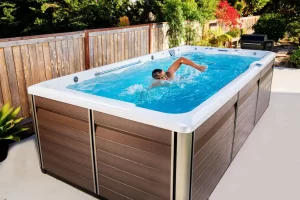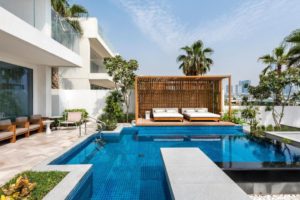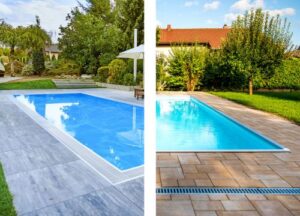
The Ultimate Guide to Setting the Right Filtration Cycle for Your Swimming Pool
A well-maintained swimming pool isn’t just about crystal-clear water; it’s also about keeping the pool safe, hygienic, and energy-efficient. One of the most crucial aspects of pool maintenance is setting the right filtration cycle. But how many hours should you run your pool filter each day? Let’s break it down.
Why is Pool Filtration Important?
Filtration plays a key role in maintaining water quality by removing debris, dirt, and contaminants. Without proper filtration, pools can quickly become cloudy, algae-infested, and unsafe for swimming. The right filtration cycle ensures:
Removal of bacteria and contaminants
Proper water circulation and distribution of chemicals
Prevention of algae growth
Aesthetic appeal and clarity of water
Standard Filtration Cycle Guidelines
The number of hours your pool filter should run depends on various factors such as pool size, usage, and environmental conditions. Below are general guidelines:
1. Residential Pools:

Most home pools require at least 6 to 8 hours of filtration to maintain water quality and prevent stagnation. Running the filter during peak daylight hours is recommended to prevent algae growth.
2. Commercial & Public Pools:

Public pools experience higher bather loads, requiring longer filtration cycles to keep the water clean and chemically balanced.
3. High-Usage Pools (Hotels, Resorts, Gyms):

Pools with continuous use should ideally have round-the-clock filtration with scheduled breaks for maintenance and chemical balancing.
Factors Affecting Filtration Time
To determine the ideal filtration time for your pool, consider these factors:
1. Pool Size & Volume
Larger pools take longer to cycle all the water through the filter. Ideally, the entire pool volume should be filtered at least once every 6-8 hours.
2. Pump Flow Rate (Turnover Time)
Check your pump’s flow rate (measured in gallons per hour or liters per minute) to ensure it can circulate the pool’s full volume within the recommended time frame.
3. Usage & Bather Load
More swimmers introduce more contaminants. If your pool is frequently used, extend the filtration cycle.
4. Environmental Factors
Pools surrounded by trees, sand, or windy conditions accumulate more debris, requiring longer filtration periods.
5. Water Quality & Maintenance
If your pool is well-balanced chemically and cleaned regularly, you can optimize the filtration cycle for energy efficiency.
Tips for Optimizing Filtration Efficiency





Final Thoughts
The key to maintaining a healthy swimming pool is understanding its specific filtration needs. By adjusting the filtration cycle based on pool size, usage, and environmental conditions, you can enjoy clean and safe water while optimizing energy efficiency.
Need help selecting the right filtration system? Contact a skylarkpools.ae for expert advice!
 info@skylarkpools.ae
info@skylarkpools.ae
 +971-4-2965232
+971-4-2965232





